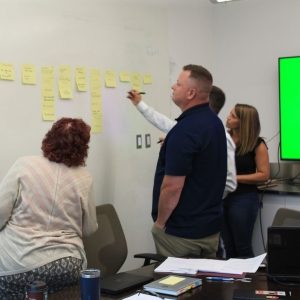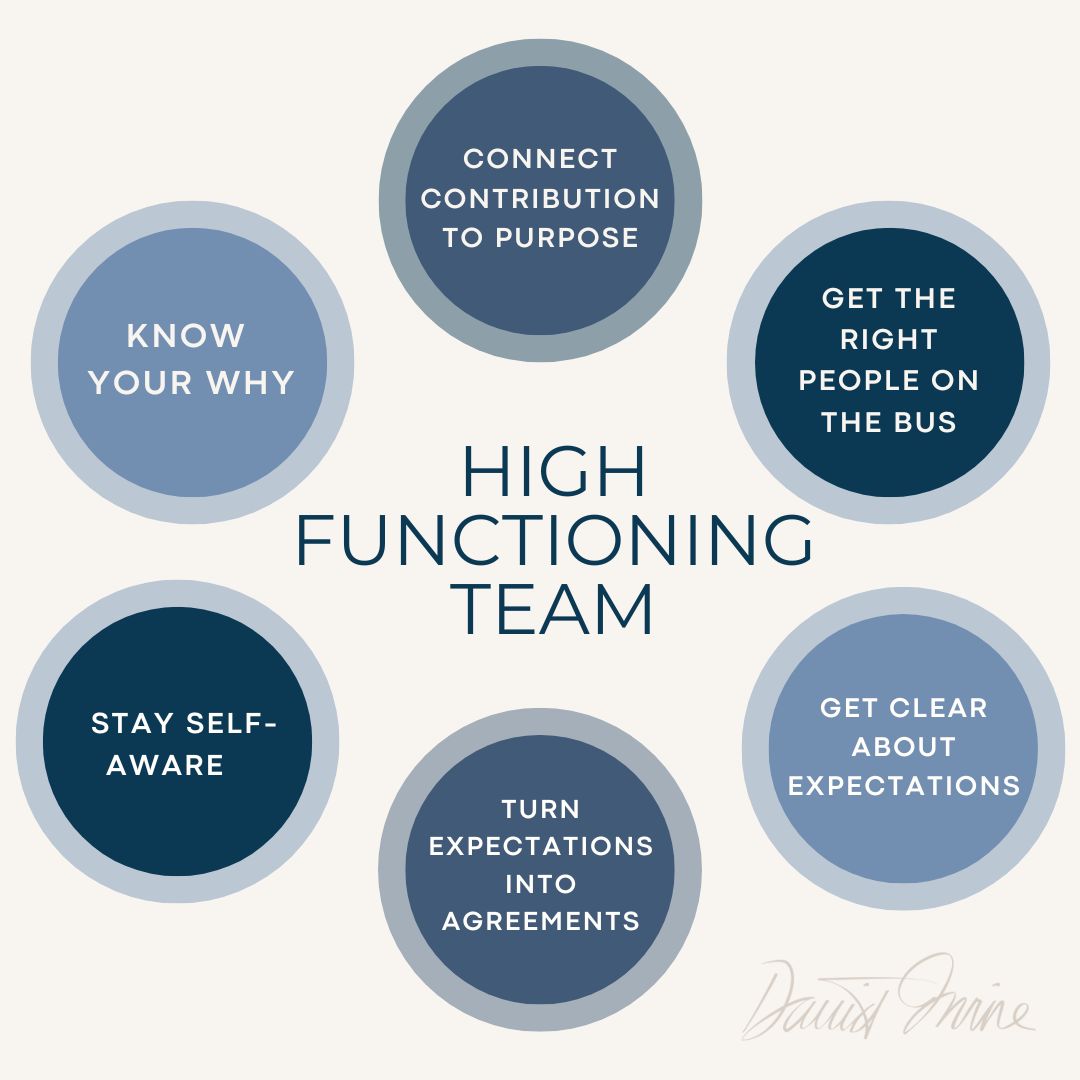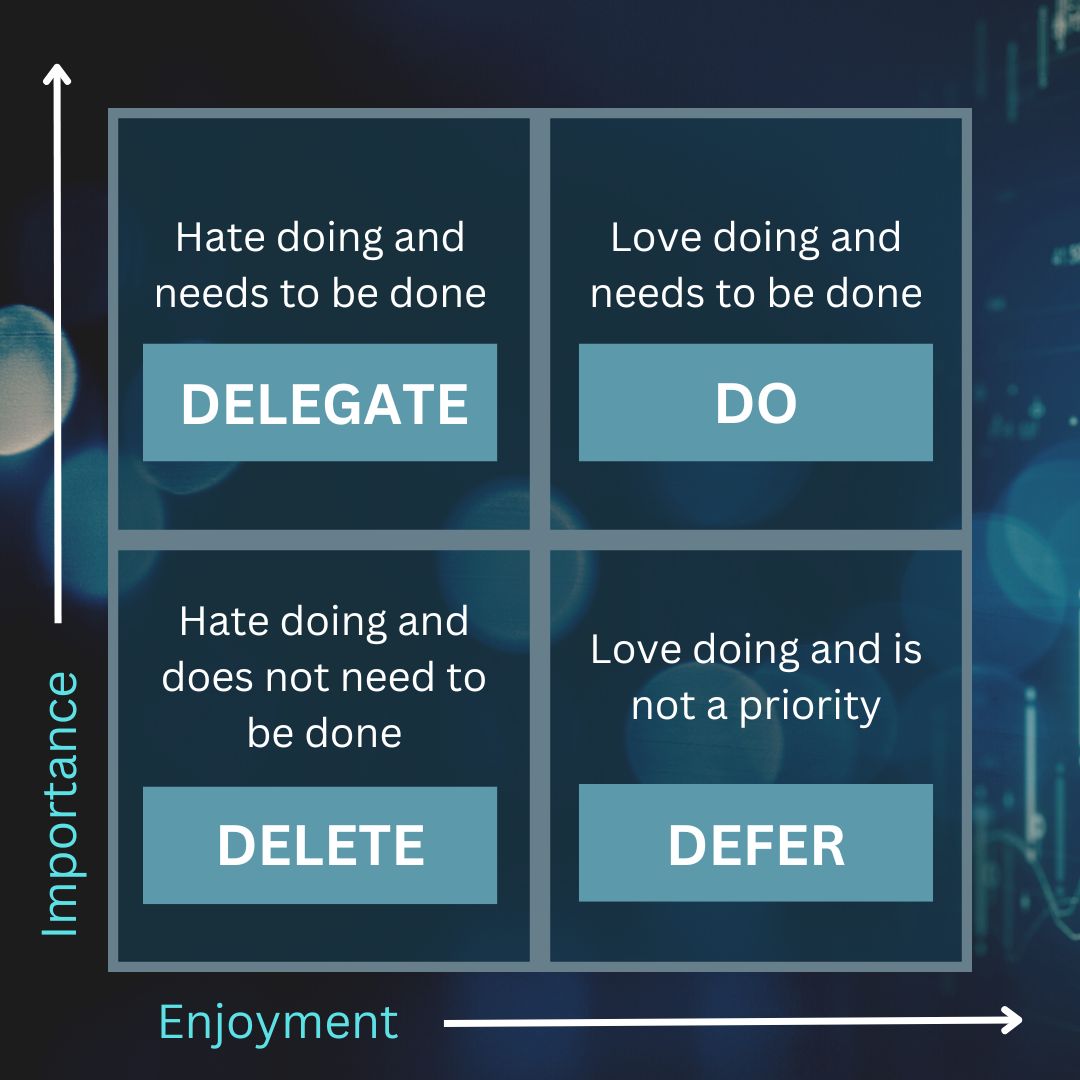How to start a new habit.
How to start a new habit.
Assess the quality of your life by looking at your habits. If you want to change your life, change your habits.
Here’s seven keys to changing a habit:
- Articulate your why. Create a compelling reason to change a habit or create a new you. And be sure the change is right for you.
- Think carefully before you make this agreement to yourself and scrupulously keep the agreement. Integrity and self-respect trump any result you gain from the habit.
- Start with one habit at a time. If you chase two rabbits, they’ll both get away.
- Start small and be consistent. It’s better to have a small success than a big failure. If you’ve never exercised before and you want to change this habit, don’t start by purchasing a gym membership. Start with a five minute walk every day.
- Let go of results. This sounds counter-intuitive but it has made a profound difference for me. Whether you are starting a habit of practicing guitar, reading books, or exercising, go for a set time each day and let go of what it is supposed to look like.
- Be specific at first and progress s-l-o-w-l-y. If you start walking 35 minutes/week (5 minutes/day), then increase no more than 10% per week. Next week you’ll be walking 37.5 minutes (5 min, 22 seconds/day). Within a year, you’ll be walking effortlessly for over an hour a day and loving it.
- Find an accountability partner – someone who will support you and help hold you accountable for keeping the promises you have made to yourself.
- Enjoy the self-respect that comes from the integrity of keeping a promise that’s important to you – and experience radical change in your life.






